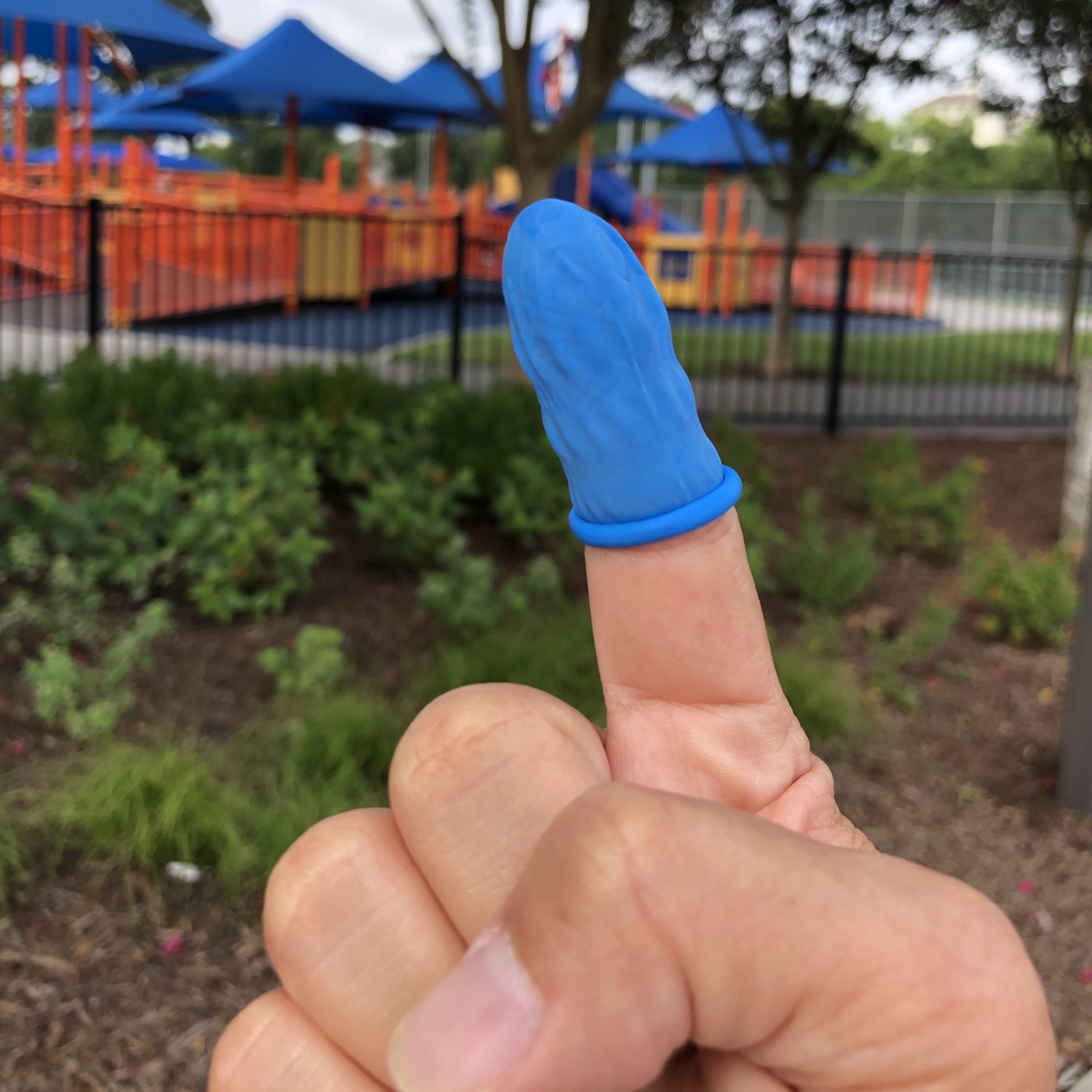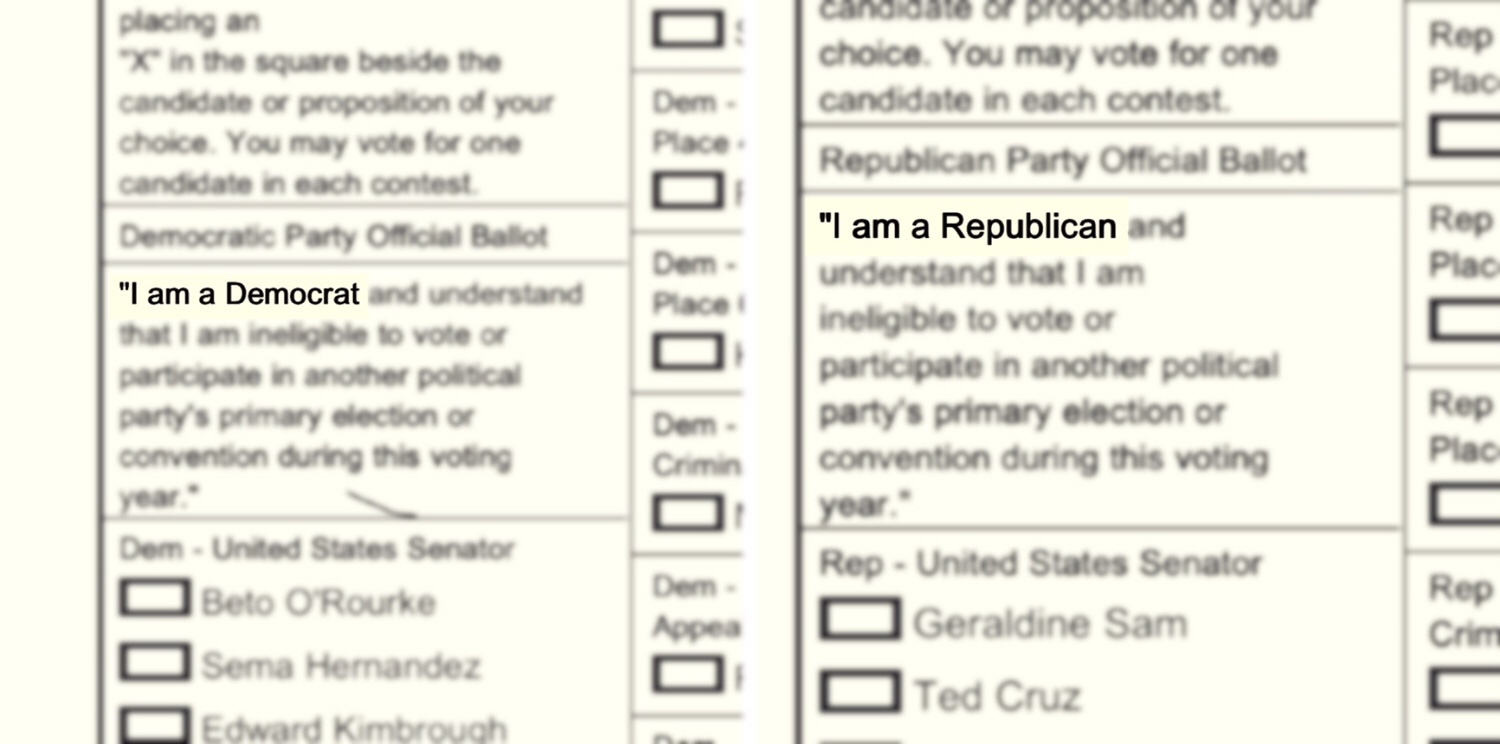On a hot Texas summer day for regular pick up beach volleyball, I was asked to fill in on a doubles team by someone seeking a break. My soon to be partner for this game seemed agreeable until we got onto the court, where he made his distaste for sharing the court with me clear after the second serve. He refused high fives, didn’t speak with me, and when I sought to get eye contact, he turned his back to me. During the game, if I ever performed the first contact, no matter the quality, he made it obvious that he was never going set. No, not attempting to score using an on-two strategy – the ball would be simply lofted clumsily into the opponents’ court. These acts of self sabotage were so blatant that our opponents were crying out, “Set him the ball!”.
I did what I could to be supportive to a player intent on pretending that he didn’t depend on me — rescuing shanks, trying to cover clumsy defensive attempts, and setting him up as often as possible — even with clear disdain for my existence. I even thanked him for the game afterwards, before walking away.
Now I have played with difficult partners before, and this situation was definitely up there. But I couldn’t puzzle out exactly why he behaved that way – was it something in my behavior? Why would he agree to play only to commit seething team suicide? I wanted to learn so that I knew how to improve. I asked some of the other guys who were on the same court what I did wrong, and just about all of them said that I did nothing wrong. At least one person sheepishly apologized for the situation, and attributed his behavior to being “very competitive”, “hating to lose”, and he’s “just that way.”
But they all continued to play with him. With the other partners, he at least played as a team mate, so the refusal clearly directed only to me.
While I may never know why (though many years of height discrimination has perhaps toughened me to summary rejection on the volleyball court), I did notice that despite witnessing explicitly rude behavior, he had no problem getting partners for later games. This action had no social consequence, if anything, he may have been rewarded for it. The very people witnessing this tacitly accepted the behavior.
I see parallels between this and how women must feel when put in a sexual harassment situation. How often they must have had to put up with rude behavior, justified by “he’s just that way”, and “boys will be boys” — only to watch the very same men get promoted and empowered, sometimes it appears for the very behavior that civil society should condemn. The problem comes because of being complicit in the system. One does not speak up because some day you may want the same person on your team.
So, what to do about this? I don’t know. I need to contemplate on it, to understand how to shift volleyball culture to mitigate this behavior, because such insecurity belies the seed from which serious hate grows.




